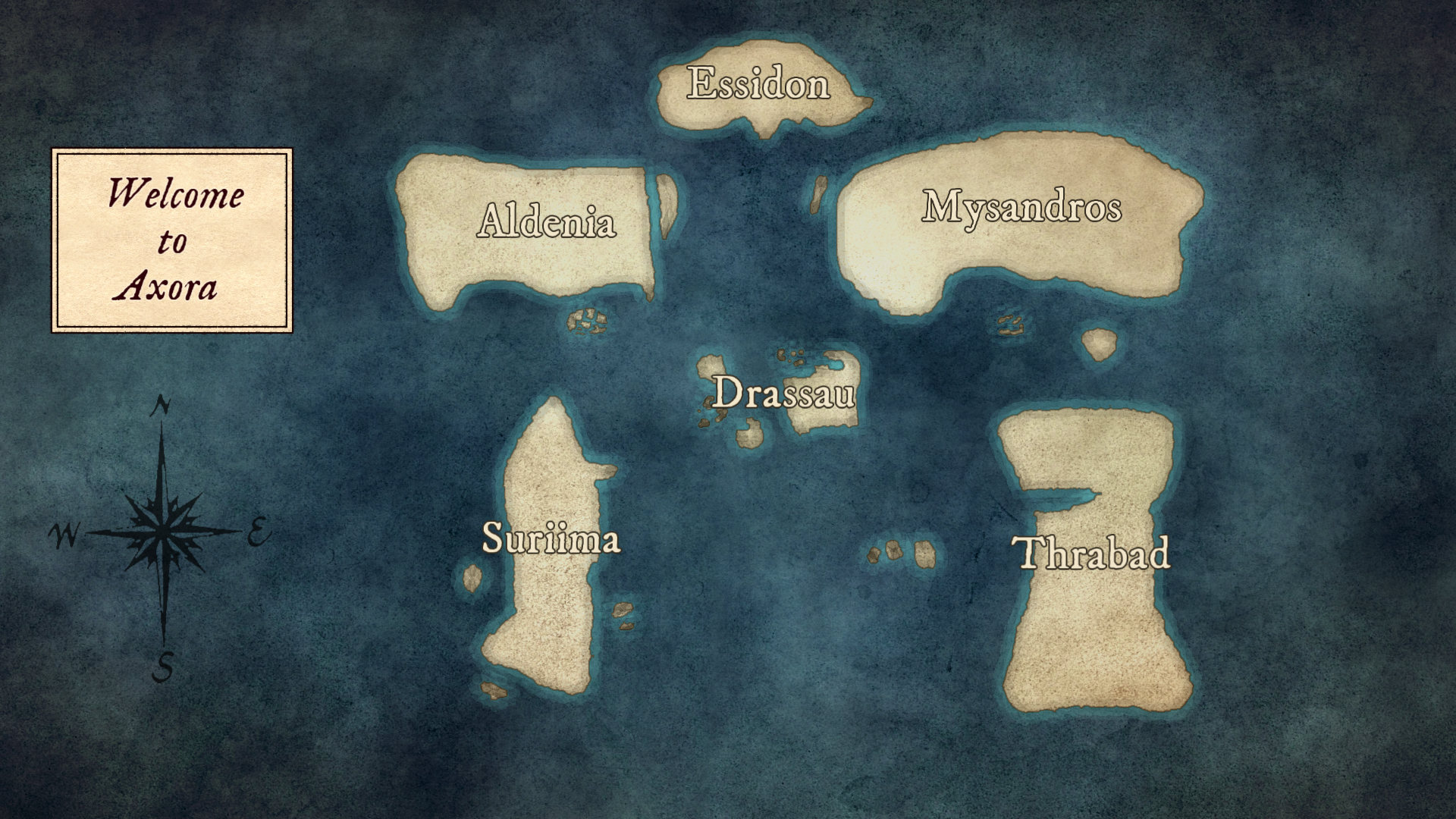Elven
Origin
Elven, like Dwarven and Gnomish, has existed since the formation of the world as they are, according to legend, the original three sentient species of Axora. As such, they merged their languages following the creation of humans into what is known as The Old Tongue, which in turn became the Common Tongue that is the shared language of Axora currently.Also, as Elves, Dwarves and Gnomes like to debate which of the species came first, similarly the debate on which language came first rages on in parallel but it cannot be argued that Elven is anything other than one of the three original languages of Axora.
Contribution to the Old Tongue
In terms of sentence structure, the Old Tongue follows almost exactly on from Elven. The only major difference is the Elven use of pronouns prior to the verb, which did not carry over (Dwarven does not use pronouns, so that is their language's only similarity when it comes to structuring).The formation of verbs themselves is also the closest between Elven and the Old Tongue, with the only difference being an 'i' used instead of 'e' on the suffix additions (i.e. -ai instead of -ae on the third person plural form). The vast majority of Elven verbs are directly shared in the Old Tongue, which is likely why the verb formation trends so closely as well.
Notable examples of Elven terminology that passed into the Old Tongue (and then Common Tongue) include:
Ministari el'Prima (servant of the land) - the self-proclaimed but well-respected defenders of Axora, which in turn is the etymological ancestor of the position of Ministar Prima, the head of some governments in Axora.
Verb Formation
The general pattern is to remove -ar from the root form, then add:I - [nothing]
You - u
He/she/it - a
We- i
You pl - ui
They - ai
As an example, the infamous assassin Nicisa Elnain is so called because her first name is the third-person singular form of the verb nicisar (to charm).
Pronouns
The pronouns themselves do differ, and are solely written in lower case (barring the starting of a sentence).
I - e.
You - u (pronounced the same)
He/she/it (all same) - ae (pronounced like the -ay in 'say')
We - ei (pronounced 'e-eye')
You plural - ui (pronounced 'u-eye')
They - aei (pronounced 'ay-eye')



Comments